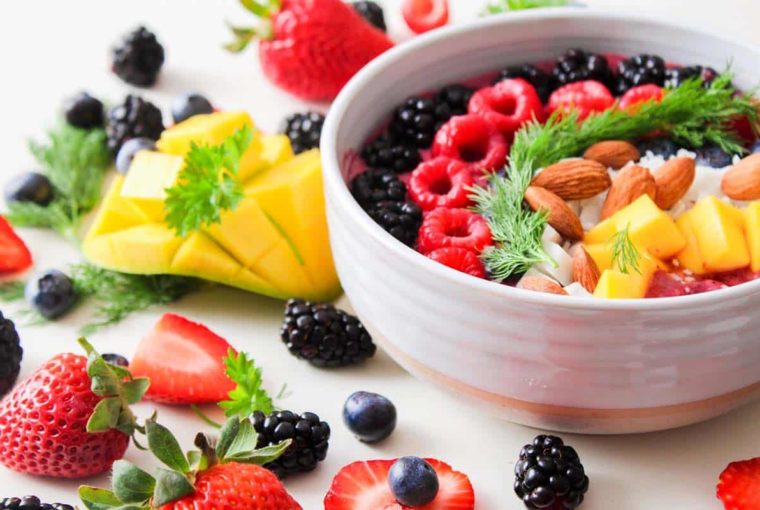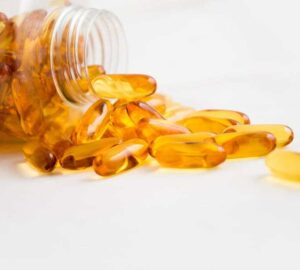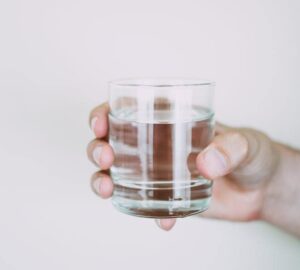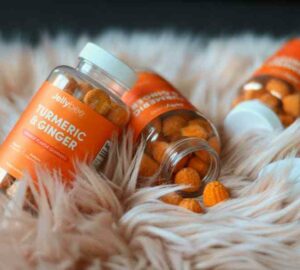To perform well, your body needs the right kind of fuel, much like a car engine needs premium gasoline for optimum performance. Timing is also vital in fueling up: eat the right food, drink the correct fluids, at the right time and in the right amounts.
You don’t have to stick to a rigid schedule, but there are things you should do before, during, and after a fitness routine. Let your body have the energy it needs. Otherwise, you could end up reducing, instead of gaining muscle mass. You also run the risk of lower bone density and fatigue. This, in turn, could result to injury, illness, slower recovery time, and even hormonal problems. Women could also experience menstrual issues.
Get a diet plan that can provide sufficient nutrients for your activities in the gym or on the road to stay healthy and ready for more. One of Vince Gironda’s diet plans might be right for you.
At The Right Time And In The Right Amounts
It can be a delicate balancing act, not to eat too much and not to eat too little before working out. Instead of feeling energized, overeating can make you as sluggish as an undertrained marathoner at the ten-mile mark. Eat too little, and you may run out of steam halfway through your workout.
There is no size-one-fits-all when it comes to eating a pre-workout meal. Fueling should be tailored to your needs. Are you trying to lose weight? How long will you be working out? These questions should be a factor when making a decision regarding your pre-workout meal. Timing can also be tricky. If you have eaten a full meal, it would be better to wait 3-4 hours before working out. For smaller meals, you need an interval of about 2-3 hours before a workout. However, as a general rule, eating one to three hours before doing your fitness routine should be enough. Let your stomach decide. Exercise shouldn’t hinder digestion.
If your workout’s early in the morning, timing your meal can be challenging. Your blood sugar would be at the fasting level since it has been quite a while since your last meal. If, for instance, you went for a run on an empty stomach, your body would start to break down amino acids for your muscles to convert them to energy since you’d be effectively running on empty. Instead of losing fat, you’d be losing muscle tissues.
So, fuel up and snack on something nutritious, and hydrate before putting on your gym clothes or running gear. Remember to refuel after your workout to help your body’s recovery process. Eating the right food can help lessen the soreness and repair damaged muscles.
Essential Nutrients Needed For Working Out
Nutrients can affect blood glucose and insulin. For example, if you got up early and drank a glass of orange juice, the carbs in the liquid could cause, even for non-diabetics, an insulin spike— meaning a sudden increase in blood glucose level. A sudden blood glucose drop inevitably follows. This drop, or insulin crash, would leave you weak and with your energy spent.
A high-fiber cereal and Greek yogurt are known to have excellent, stable supply of energy that will sustain you through your workout. Protein and fiber slow down food absorption in your stomach; these nutrients help stabilize blood glucose levels and insulin response.
Carbs, on the other hand, provides energy to keep you going. Carbohydrates have shown time and again that this nutrient supplies your body with energy during long and high-intensity workouts. The more active you get, the more you need carbs—they power your muscles and brain during training.
Proteins give your body the amino acids it needs to build and repair your muscles. As your body builds and repairs muscles, you become stronger, faster, and fitter. Fats, despite its unpleasant reputation, is vital for a healthy diet. Your body needs fat to absorb fat-soluble vitamins like A, D, E, and K. Be sure to incorporate unsaturated fats into your diet. Of course, don’t forget to hydrate before, during, and after a workout.
When it comes to staying hydrated, all athletes are equal. You’ll get the most out of your fitness routine if you’re hydrated. While working out, you’ll be losing water through breathing and sweating. Not drinking enough water could make you lethargic and dizzy. Your muscles will cramp. So keep that water bottle filled and within reach during your training.
There are many energy bars, supplements, and sports drink to choose from, but nothing beats eating real food for improving performance and rapid recovery.
Power Up With These Ten Real Foods
- Bananas. Easily digestible, rich in potassium and carbohydrates, bananas are among the top foods that can help you with your workout, whether at the gym or on the road. Bananas are packed with fast-acting carbohydrates that replenish your body’s supply of glycogen, which aids in restoring damaged muscles. Moreover, potassium helps prevent muscle cramping. This is great a pre- and post-workout snack.
- Eggs. Eggs are the go-to for an easy source of leucine, an essential amino acid. The benchmark for quality protein, eggs have the complete muscle-building essential amino acids. Eggs also help your muscles recover and develop post-workout. A large 70-calorie egg also contains 13 other vital nutrients.
- Greek yogurt. Yogurts are always a good choice; fermented food should always be included in your diet. They provide good bacteria called probiotics, and also a good source of protein and calcium. What makes a yogurt Greek is when regular yogurt is strained and the whey, the watery part of milk after fermentation, is removed. The result is the thicker and creamier Greek yogurt containing twice as much protein as its regular variant. This makes Greek yogurt extremely helpful in recovery, healing, and building muscles.
- Oats. Oats are great not only good as a post-workout meal but also as a meal before a workout, ideally around 3 to 4 hours before your fitness routine. Some top athletes fuel up early with muesli, as oats give slow-burning carbs for that sustained energy. One cup has around 6 grams of protein, 27 carbohydrates, and an estimated 150 calories. The combination of carbohydrates and protein can make you feel fuller longer.
- Nuts. Rich in healthy fats like omega-3, nuts can improve your strength and performance during a workout. Nuts rich in omega-3 like walnut can also prevent problems with joints and has anti-inflammatory properties besides. Hazelnuts, on the other hand, is rich in protein and carbs that can provide more energy for your workouts.
- Berries. Cherries, strawberries, blueberries, blackberries—all these are an excellent option for a pre-workout food. They are rich in anti-oxidants and can also give you a quick energy boost. Slow to digest complex carbohydrates, which berries have in abundance, can provide extra energy to assist you in getting past your threshold. They also have a high percentage of water, so they can help keep you hydrated.
- Low fat cottage cheese. Not only great for a snack before a workout, but cottage cheeses are also great as an after-workout snack. Rich in calcium and protein but low in calories, cottage cheeses can help keep your weight low. Proteins are proven to help your muscles recover faster and help stabilize your blood sugar levels.
- Salmon. Considered a superfood, salmon is an excellent food for the heart, according to doctors. But that’s not the only benefit salmons provide. Salmons are also excellent sources of protein for athletes and are exceptionally rich in omega-3 fatty acids, much more than other kinds of seafood. These fatty acids can help lower triglycerides and blood pressure, protecting the heart. They may also reduce blood clotting as well as increase HDL, the good cholesterol.
Omega-3 is also an anti-inflammatory, which can alleviate pain and soreness caused by inflammation. What’s more, salmon is rich in vitamin D that helps maintain strong and healthy bones.
- Mangoes. Mangoes are another food that an athlete should include in her diet. A cup of mangoes contains 100 calories, but it has 100% of your daily vitamin C requirement, as well as 35% of your vitamin A. This exceptional fruit contains anti-inflammatory compounds, beta carotene, and anti-oxidants. Mangoes help lessen soreness after a workout
- Brown and White Rice. Rice is an integral part of a bodybuilder’s diet. Brown and white rice, however, have different benefits. Although the two are excellent sources of carbohydrates, white rice, because of its low fiber and fat content, can cause an insulin spike. Brown rice, however, has more fiber and fats content, so the insulin spike is mitigated. The carbohydrates in brown rice are not likely to be stored as body fat, compared with the carbs found in white rice.
However, not all athletes are trying to lose weight; and although brown rice is healthier, some athletes and bodybuilders prefer white rice for carbs as fuel for their fitness activities. These athletes’ goal is to supply macronutrients to their bodies to fuel intense workouts and replace lost glycogen supply. White rice helps them achieve these goals.
Conclusion
After your fitness routine, your body’s energy is most likely used up. Replacing that lost energy and nutrients should be your priority. Consuming food after a workout, preferably within 15 minutes, gives your body essential amino acids to build and repair micro-tears in your muscle tissues. You could also drink a post-workout smoothie to replace carbs and for rehydration. Eating a post-workout snack can also increase the energy your body stores and that means you’ll have more power to draw the next time you workout.




